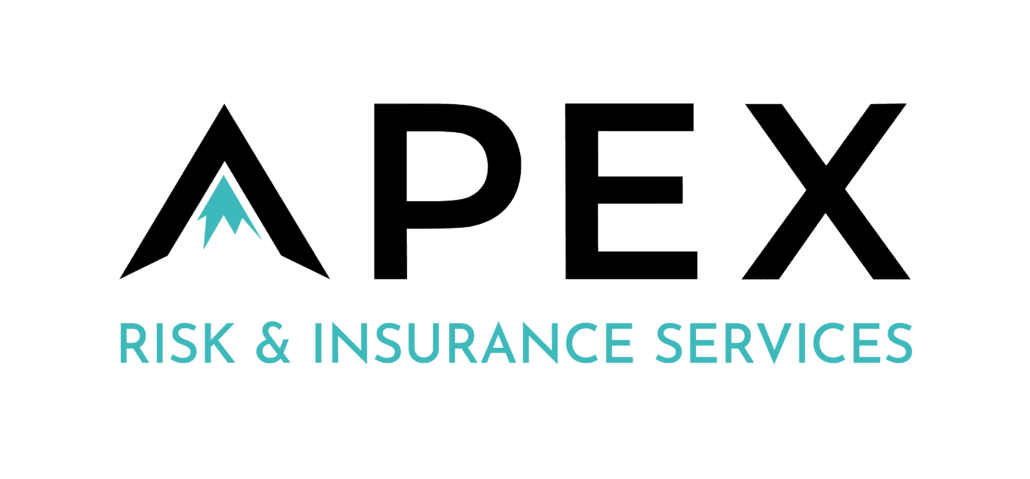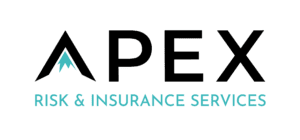Does My Business Need General Liability Insurance?
Running a business comes with a myriad of risks and uncertainties. To protect your business from potential financial liabilities and unexpected mishaps, it’s crucial to consider obtaining general liability insurance. In this blog post, we will explore the importance of general liability insurance, what it covers, and why it’s essential for businesses of all sizes.
Whether you’re a small startup or an established company, understanding the need for general liability insurance can help safeguard your business and give you peace of mind.
What is General Liability Insurance?
General liability insurance is a type of coverage designed to protect businesses from various liabilities arising from accidents, injuries, property damage, and lawsuits. It provides financial protection in case your business is held responsible for bodily injury or property damage caused to others by your employees, products, or operations.
Why is Liability Coverage Important?
Protection against Accidents and Injuries
Accidents happen, even in the most careful business environments. If a customer or third party gets injured on your premises or due to your business activities, general liability insurance can cover medical expenses, legal fees, and potential settlements or judgments.
Coverage for Property Damage
In the event that your business causes damage to someone else’s property, such as a client’s office or a rented space, general liability insurance can help cover the costs of repairs or replacements.
Legal Defense and Lawsuit Coverage
Lawsuits can be financially devastating for a business. General liability insurance provides coverage for legal defense costs, including attorney fees, court expenses, and settlements or judgments if your business is sued for negligence, libel, slander, or copyright infringement.
Contractual Requirements
Many clients and business partners may require you to have general liability insurance before entering into a contract or agreement. Having this coverage not only helps you meet contractual obligations but also instills confidence in your business’s professionalism and reliability.
Reputation Protection
A lawsuit or significant financial loss resulting from an accident or injury can tarnish your business’s reputation. General liability insurance can mitigate the negative impact by covering the costs associated with legal proceedings and compensatory damages.
Determining Your Business’s Insurance Needs
While general liability insurance is beneficial for most businesses, it’s important to assess your specific needs and risks. Consider the following factors to determine if your business should have this coverage:
Nature of Your Business
The nature of your business plays a significant role in assessing the need for general liability insurance. Certain industries inherently have higher risks of accidents, injuries, or property damage. For example, businesses in construction, healthcare, and professional services are more exposed to potential liabilities due to the nature of their operations. If your business operates in such industries, general liability insurance is strongly recommended to protect against potential claims and lawsuits.
Customer Interactions
Consider the extent of customer interactions in your business operations. If your business regularly interacts with customers, whether through physical visits, deliveries, consultations, or providing professional services, there’s an increased risk of accidents or incidents occurring. General liability insurance can provide protection against customer-related claims, such as bodily injury or property damage that may arise from these interactions. It can help cover legal fees, medical expenses, and potential settlements or judgments resulting from such claims.
Business Assets
Evaluate the value of your business assets, including equipment, inventory, and property. If the loss or damage of these assets could significantly impact your business’s financial stability, general liability insurance can offer vital coverage. Accidents, natural disasters, or unforeseen events can lead to damage or destruction of your assets. Having general liability insurance can provide financial protection by covering the costs of repairing or replacing damaged assets.
Contractual Obligations
Review any contracts or agreements you have with clients, vendors, or landlords. Determine if they require general liability insurance as a condition for doing business. Some contracts may explicitly state the minimum coverage limits or types of insurance needed. Even if general liability insurance is not mandatory, having coverage can still protect your interests. It demonstrates your commitment to risk management and can provide added confidence to your business partners. In the event of a claim or lawsuit arising from your contractual obligations, general liability insurance can help cover legal costs and potential damages.

Industry-Specific Examples:
In every industry, unexpected incidents can occur that lead to financial losses for businesses. Here are some industry-specific examples that illustrate how general liability insurance could have protected businesses from such losses:
Construction Industry: Imagine a construction company that is working on a project at a client’s site. During the construction process, a worker accidentally damages a neighboring property, resulting in significant property damage. With general liability insurance, the construction company would have coverage for the cost of repairs, saving them from a potentially substantial financial burden.
Hospitality Industry: Consider a hotel that hosts a large event in one of its ballrooms. During the event, a guest slips and falls due to a wet floor, sustaining injuries. The hotel could be held liable for the guest’s medical expenses and any resulting legal claims. General liability insurance would provide coverage for the hotel’s legal defense costs and potential settlements or judgments, ensuring the business is protected.
Retail Industry: Picture a retail store where a customer accidentally knocks over a display, causing damage to the surrounding merchandise. Without general liability insurance, the store would be responsible for covering the cost of the damaged products. However, with insurance coverage, the business could file a claim to receive financial assistance for the loss.
Professional Services: In the field of professional services, such as accounting or consulting, a client may claim that they suffered financial losses due to errors or negligence on the part of the service provider. If the client decides to take legal action, the professional services firm would need to defend themselves, which can be costly. General liability insurance can help cover the legal expenses involved in such situations.
Food and Beverage Industry: Imagine a restaurant where a customer claims to have suffered food poisoning after consuming a meal. The customer files a lawsuit against the restaurant, seeking compensation for medical expenses and damages. General liability insurance would provide coverage for the restaurant’s legal defense costs, potential settlements, or judgments related to the incident.
Final Notes
General liability insurance is an essential safeguard for businesses, providing protection against accidents, injuries, property damage, and lawsuits. By obtaining this coverage, you can mitigate financial risks, comply with contractual obligations, and safeguard your business’s reputation. Remember to assess your business’s specific needs and risks to determine the appropriate coverage level.
Consult with an insurance professional to find the right general liability insurance policy that suits your business requirements. Protect your business today and gain the confidence to navigate the uncertainties of entrepreneurship.
Still Not Sure Which Insurance is Right for Your Business?
At Apex Risk & Insurance Services, we want you to know and understand your options. We prioritize transparency and provide custom solutions to meet your insurance needs. Reach out to us today. Then, read on to learn more about the difference between professional liability insurance and errors and omissions (E&O) insurance.




